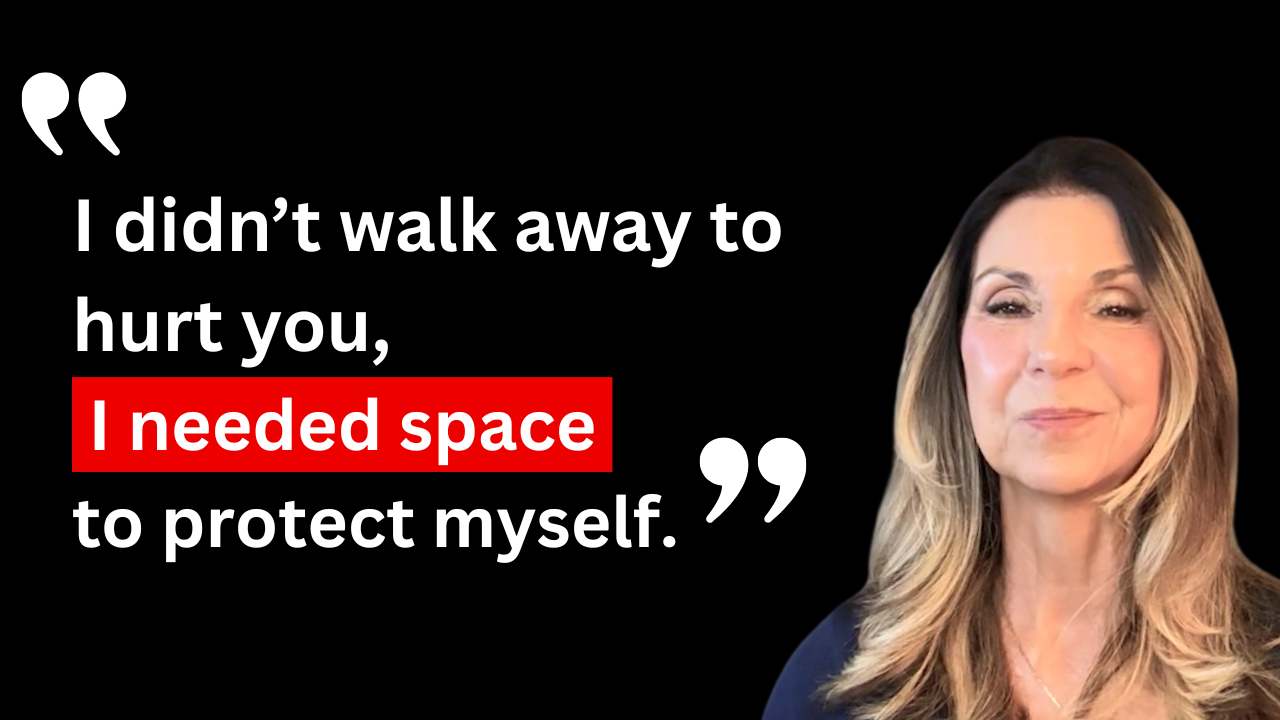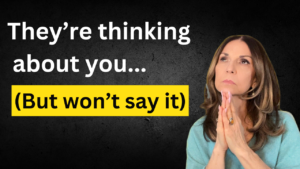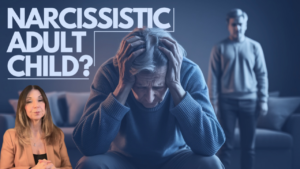Let’s step back and reflect on three key questions that may help you understand what’s happening between you and your adult child. When emotional wounds from childhood go unexamined, they often show up in our parenting and, in some cases, contribute to estrangement from adult children.
1️. What parenting beliefs did you inherit?
Many of us unconsciously carry forward the parenting styles we grew up with. If you were raised believing that “children should be seen and not heard,” you may struggle to validate your adult child’s emotions today. Even if you consider yourself a good parent, those deeply rooted patterns can cause disconnection.
How Your Childhood May Be Affecting Your Adult Child Today
The beliefs we adopt in childhood don’t disappear just because we become parents. Instead, they often show up when we’re stressed or unsure what to do. You might repeat behaviors that make you feel unseen, unheard, or criticized without realizing it. Your adult child may not interpret these moments as you intend; they may feel invalidated, dismissed, or even emotionally unsafe.
2️. How do unhealed childhood wounds affect parenting?
If you grew up in a home where emotions were dismissed, you might have learned to shut down when someone expresses hurt or vulnerability. As a parent, that could mean becoming defensive, brushing off your child’s concerns, or struggling to say, “I hear you, and I care.”
If your caregivers were critical or had high expectations, you may have internalized the belief that love must be earned. That belief can show up in your parenting, unintentionally making your child feel like they’re never good enough or that their achievements matter more than their emotional well-being.
Trauma-informed parenting means recognizing how your past shapes your reactions today. It’s not about blame; it’s about becoming aware of the dynamics at play so you can shift them in a healthier direction.
3️. How does this contribute to estrangement?
Unpacking Estrangement: The Hidden Impact of Your Past
When adult children feel unheard, dismissed, or pressured, they may pull away, not out of anger or resentment but as an act of emotional self-preservation. Many estranged adult children say, “I don’t feel emotionally safe with my parent.”
Often, this isn’t due to a traumatic event but rather a series of small moments where they didn’t feel accepted, validated, or safe to be their full selves. These seemingly minor interactions accumulate and leave deep emotional imprints.
Emotional safety in parent-child relationships is essential for long-term connection. If your adult child has stepped away, it may be because they didn’t feel safe enough to stay. That doesn’t mean the relationship is doomed; it means there’s room to grow and heal.
Why Good Parents Still Lose Connection with Their Adult Kids
It’s painful and confusing when you’ve tried your best and still experience distance from your child. Many good parents carry grief, shame, and heartbreak over the disconnection. But even good intentions can get lost in translation if unhealed wounds go unaddressed.
You might have wanted to prepare your child for life by being tough on them. You may have believed that discipline, structure, or pushing for success was a form of love. But if your child needed more emotional availability and less pressure, they may not have felt truly seen or supported.
Healing family disconnection starts here: what you didn’t learn growing up may hold the key to reconnecting. You weren’t taught how to express vulnerability, set healthy boundaries, or validate emotions? You’re not alone. But you can learn these things now.
The Turning Point: Awareness, Ownership, and Action
Healing family estrangement begins with reflection and responsibility, not self-blame, but honest awareness. Ask yourself:
- When my child expressed hurt, how did I respond?
- Do I validate their feelings or try to fix them?
- Do I listen to understand or to explain myself?
Taking ownership of past mistakes is not an admission of being a bad parent; it’s a sign of strength. It tells your adult child you value their experience and want to build something new.
Reconnecting with an estranged child is often a slow process but one filled with hope. Your willingness to learn and grow creates a safe foundation for healing.
A New Way Forward
Here are a few steps to begin:
- Educate Yourself on Trauma-Informed Parenting: Learn how childhood emotional wounds impact how we give and receive love. Understanding yourself better helps you show up more fully for your child.
- Validate, Don’t Justify: When your child shares something painful, resist the urge to defend yourself. Instead, say, “That must have been really hard. I didn’t realize how much that affected you.”
- Make Repair a Priority: If trust has been broken, rebuilding takes time. Be consistent, patient, and gentle with yourself and your child.
- Seek Support: You don’t have to do this alone. Whether through coaching, books, or support groups, find tools to help you understand and heal.
Many parents are navigating these painful disconnections. You’re not the only one asking: Could unhealed childhood trauma be hurting your relationship with your adult child?
The answer may be yes, but that doesn’t mean it’s too late to change. Healing family estrangement is possible. With reflection, compassion, and a willingness to grow, you can begin the process of reconnecting with your estranged child.
Because no matter how far apart you feel right now, the first step toward healing is always the same: looking inward with honesty and hope.








